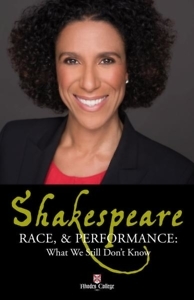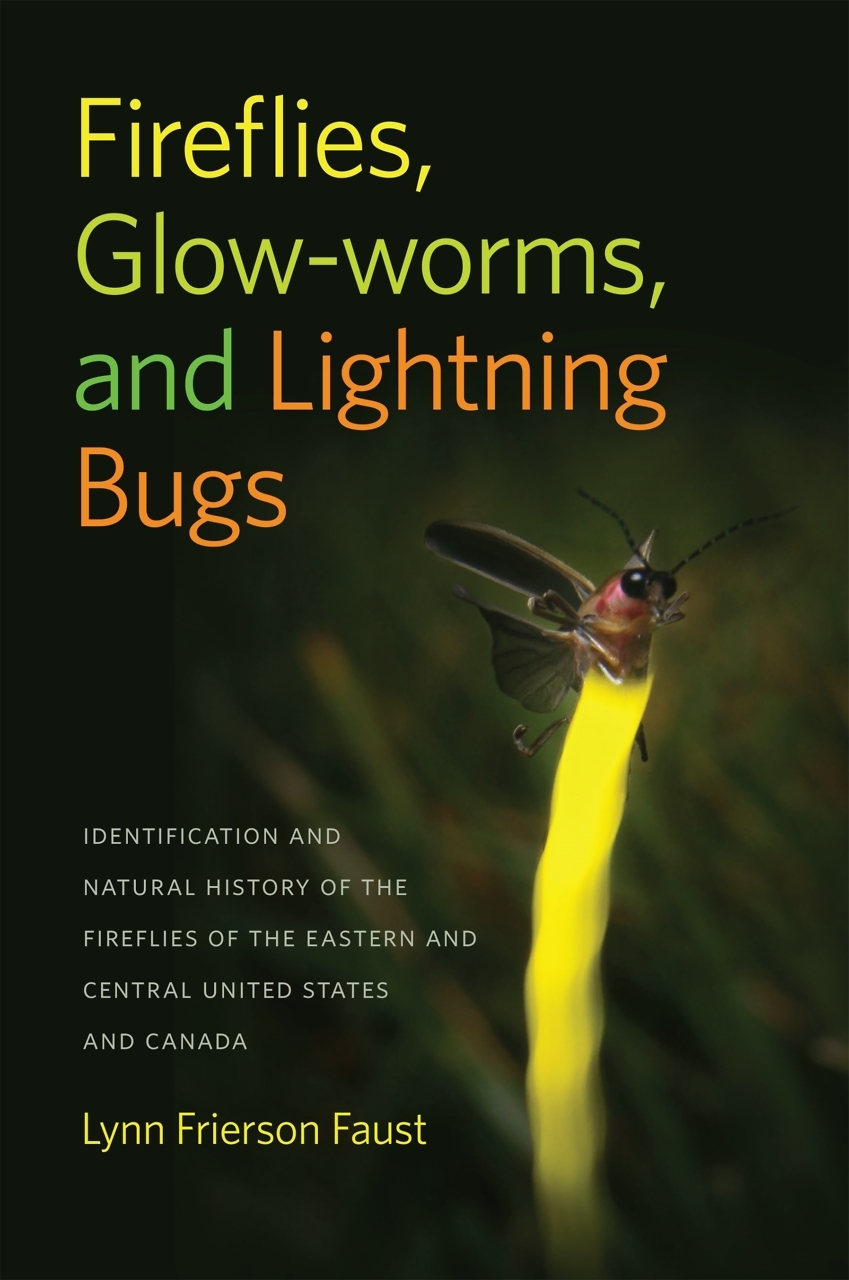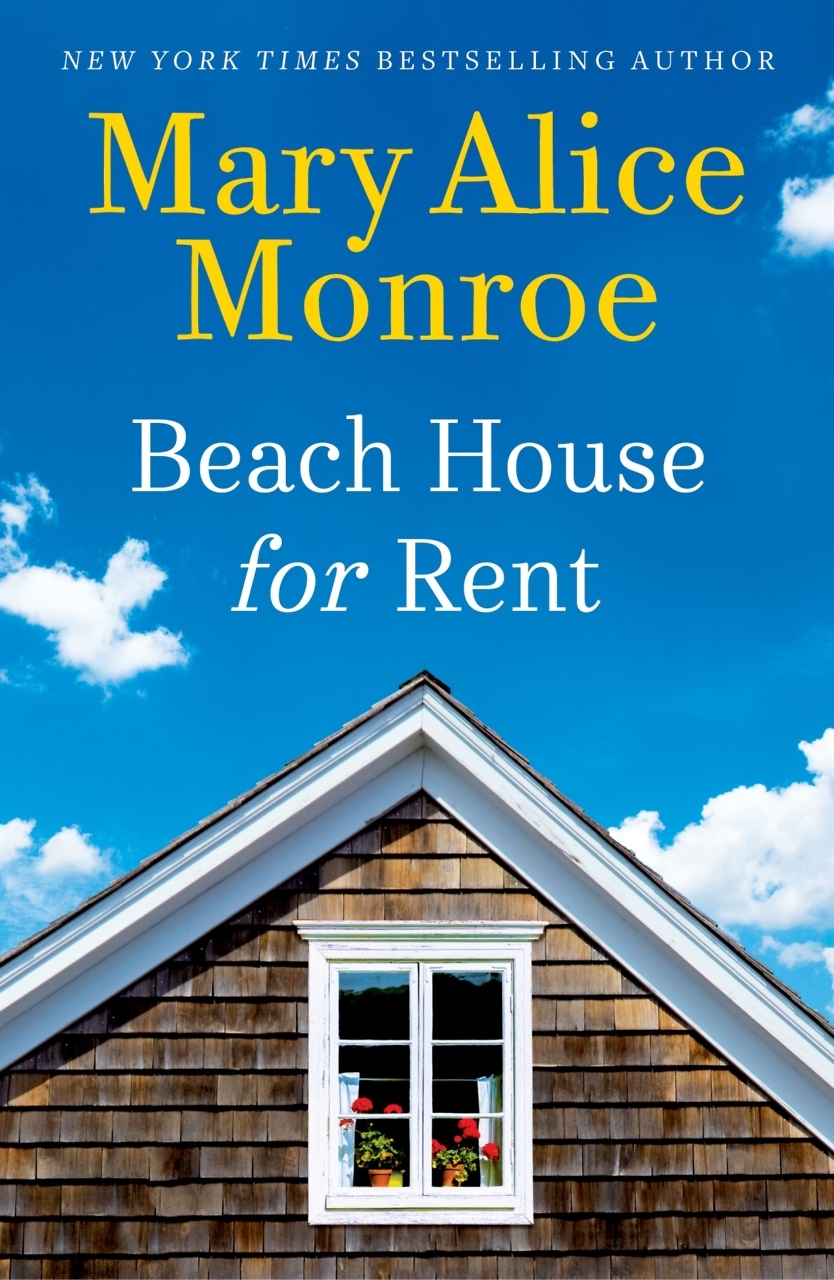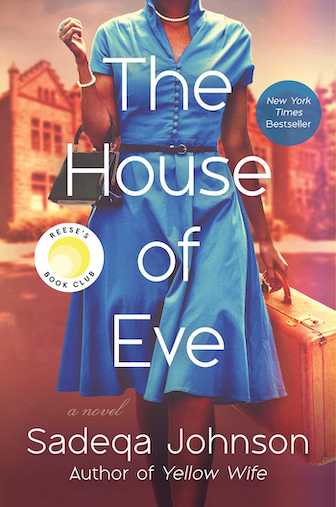Scottish Kings and Millenial Minstrelsy
Ayanna Thompson returns to Memphis to discuss Shakespeare and race
Macbeth is not usually the preferred text for studies on Shakespeare and race. Othello and The Tempest offer far more obvious fodder for the subject, but Weyward Macbeth, a collection of essays that grew out of a 2008 conference at Rhodes College in Memphis, surveys a surprisingly rich history of “the Scottish play” as a vehicle for discourse on race—especially in its New World configurations. As co-editor Ayanna Thompson notes in the introduction, “Macbeth has long played a role in American constructions of race,” from frequent references in anti-slavery rhetoric to the racially fraught 2008 presidential contest, when both candidates found themselves and their wives compared to Shakespeare’s brutally ambitious couple.
 The “weyward” of the book’s title derives from the use of the word in the Folio, where the witches are not “weird,” but “weyward.” The punning possibilities of that word make it an apt descriptor for all the racialized productions and references to Macbeth in American culture, according to Thompson. “‘Weyward’—as weird, fated, fateful, perverse, intractable, willful, erratic, unlicensed, fugitive, troublesome, and wayward,” she writes, “is precisely the correct word for Macbeth‘s role in American racial formulations.”
The “weyward” of the book’s title derives from the use of the word in the Folio, where the witches are not “weird,” but “weyward.” The punning possibilities of that word make it an apt descriptor for all the racialized productions and references to Macbeth in American culture, according to Thompson. “‘Weyward’—as weird, fated, fateful, perverse, intractable, willful, erratic, unlicensed, fugitive, troublesome, and wayward,” she writes, “is precisely the correct word for Macbeth‘s role in American racial formulations.”
The best-known instance of “weyward Macbeth” is probably Orson Welles’s 1936 production, done under the aegis of the WPA’s Federal Theater Project. Welles cast black actors in all the roles, transported the setting to a fictional nineteenth-century Haiti, and re-imagined Hecate as a male “witch doctor” who takes a major role in the action. As Marguerite Rippy notes in her essay, “Black Cast Conjures White Genius,” the response to the play highlighted both the racial ideals and divisions of the day. It was popularly hailed for its originality and dramatic power, but critics were inclined to dismiss it as “amusing”—a word, as Rippy says, “not usually applied to Shakepeare’s Macbeth.”
Though Welles’s “Voodoo Macbeth” has become a sort of touchstone for any attempt to use the play to comment on race, it was by no means the first or the last “weyward” production. Weyward Macbeth includes essays on a number of non-traditional permutations of the play, from the solo recitations of black actor Ira Aldridge in the 1820s to a multilingual, multi-ethnic Hawaiian Macbeth in 2009. The essays follow weyward Macbeth beyond the classical theater, with contributions such as Todd Landon Barnes’s “Hip-Hop Macbeths” and Douglas Lanier’s “Ellington’s Dark Lady”—which argues that Duke Ellington was a serious student of Shakespeare.
Most of the essays in Weyward Macbeth were written by academics, whose prose sometimes boasts more precision than grace. Jargon is largely held in check, but phrases like “performative infelicity” and “allusive identification” muscle past simpler language a little more often than the casual reader might desire. Nevertheless, Weyward Macbeth offers a fascinating account of the use and misuse of Shakespeare’s tragedy by a culture trying to confront its own guilt and ghosts.
[This article appeared originally on May 25, 2010. It has been updated to reflect new event information.]

Maria Browning is a fifth-generation Tennessean who grew up in Erin and Nashville. A graduate of Mount Holyoke College, she has attended the Clothesline School of Writing in Chicago, the Moss Workshop with Richard Bausch at the University of Memphis, and the Sewanee Writers’ Conference. She lives in White Bluff.


